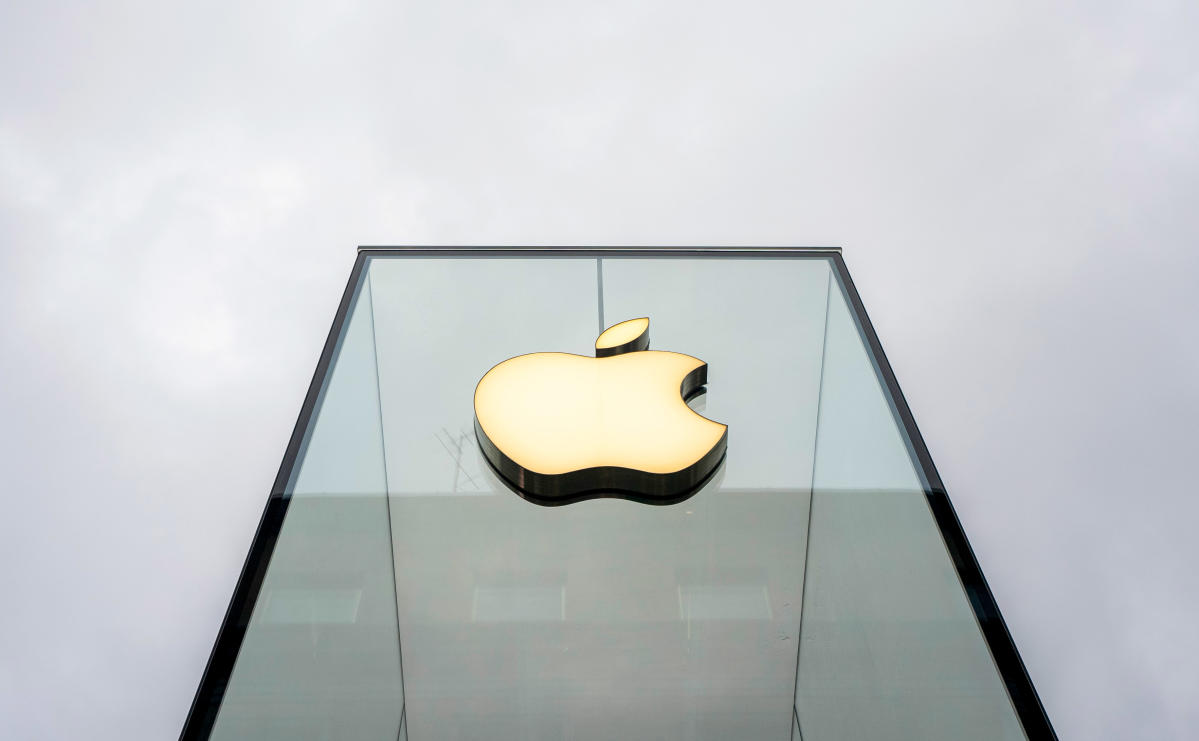The long fight to make Apple’s iMessage compatible with all devices has raged with little to show for it. But Google (de facto leader of the charge) and other mobile operators are now leveraging the European Union’s Digital Market Act (DMA), according to the Financial Times. The law, which goes into effect in 2024, requires that “gatekeepers” not favor their own systems or limit third parties from interoperating within them. Gatekeepers are any company that meets specific financial and usage qualifications, including Google’s parent company Alphabet, Apple, Samsung and others.



Your whole argument is based on failing to distinguish sending from receiving. You understand those are different things, right?
There is nothing to distinguish here. iMessage is the protocol and messaging platform. An iMessage sent remains as an iMessage when received. Android users are not sent and do not receive iMessages. They are sent SMS/MMS and they receive SMS/MMS. If all of the iMessage servers exploded right now, nothing at all would change in Apple to Android messaging because iMessage was never involved.
You’re forgetting the most important thing it is to users: an app. An app that sends messages. Messages that can be received by Android devices because iMessage automatically sends over SMS.
This might be true from a certain technical perspective, depending on what you mean by “an iMessage”, but it’s certainly not true from a user perspective. The user sends a message from the iMessage app and doesn’t care much whether it’s delivered by iMessage or SMS. Messages sent by iMessage are automatically degraded when sent over SMS if they contain media or use iMessage-specific features. Ergo a message is sent by iMessage and received by an Android device as an SMS message.
iMessage the app is always involved.
iMessage is not an app. It has never been an app. It is one of the ways a message can be sent/received in the Messages app. And yes, users of the Messages app are extremely aware of the distinction between sending an iMessage versus an SMS or MMS.
Spot on. The iPhone’s Messages app sends messages as iMessages, SMS, or MMS depending on context. And it makes it obvious. Every iPhone user knows blue vs green. It’s not sneaky or anything.
There is no apple iMessage app.
This is the Apple Message app. Its description in the store makes its functionality very clear.
iMessage isn’t an app… you’re not paying attention to what they’re saying at all. iMessage has never been an app. It’s a protocol for Apple messages through their server hardware. Messages is the app, Messages can send emails, sms, mms, and iMessages.